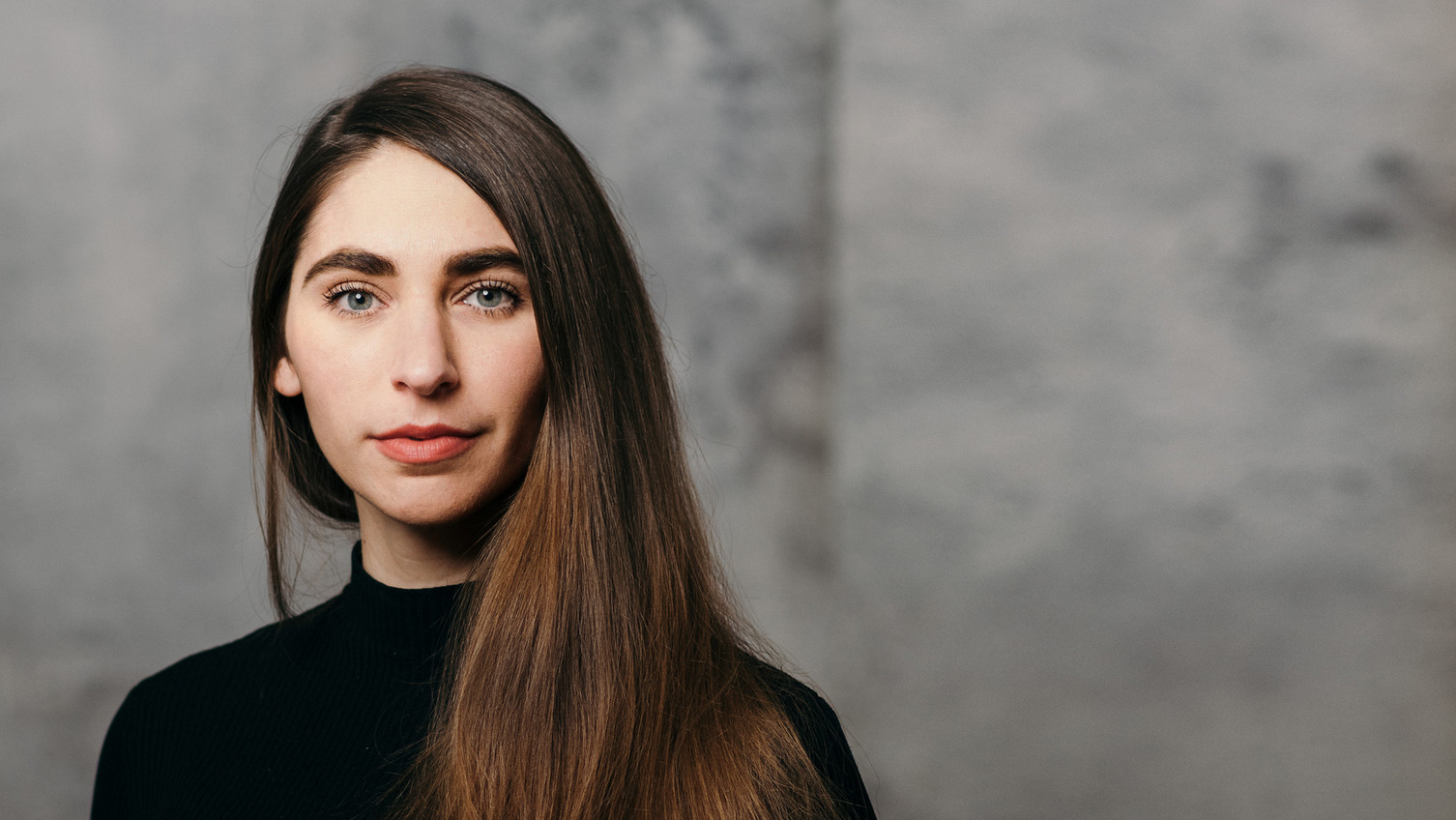Master Kick-off: "It would be negligent not to prepare for tomorrow."
2021-10-01 This year's commencement at the Graduate School is themed "21st Century Skills of Graduate Students to shape the Future World". Organizational psychologist and learning researcher Dr. Deborah Schnabel will be a virtual guest at Leuphana next Monday, October 4, to talk about learning skills for the future.
- Dr. Schnabel, what skills should master's students acquire in order to actively shape the future?
We are in a period of rapid technological development. Machines are taking over more and more tasks. But there are skills that are genuinely human. Creative problem-solving skills are part of the 21st Century Skills, which should prepare people for the working world of today and tomorrow. We must not lose ourselves in specific technical knowledge. I can only play a role in decision-making in a future society if I have an interdisciplinary approach.
- Among other things, 21st Century Skills is facing up to the challenge of digitization. What does good online teaching look like?
First of all, we have to get rid of a fallacy: Just because today's students are considered digital natives and move naturally in the digital space, they don't automatically find their way around digital teaching. Students still receive a fairly analog school education and bring these experiences with them to the university. We are currently trying to translate classroom teaching into the digital space. But that is the wrong approach. We should rethink digital teaching: In the digital realm, for example, personal responsibility is on the rise. This challenge requires new competencies. We can also define learning spaces differently. The lecture hall with a frontal lecturer is by no means the only university learning venue. We need to look much more closely at informal places of learning, such as learning groups that meet on social media. For me, modern places of learning are places that enable social exchange.
- What is the role of the teacher in 21st Century Skills?
We need to get to integrating current research findings into teaching even more. There needs to be a constant flow back between research and teaching to be future oriented. We should also redefine the roles in teaching and ask: What can students also bring to teaching? What competencies do they already have? The role of the teacher is also changing. He or she is evolving from imparting knowledge to becoming an enabler.
- Why is it important to think about tomorrow's (working) world today?
The development is rapid and complex. It would be negligent not to prepare for tomorrow. The Corona pandemic shows: We have to be prepared for major challenges.
- Thank you very much for the interview!
Event information
The opening discussion of this year's Master Kick-off on the topic "21st Century Skills of Graduate Students to shape the Future World", in which Dr. Deborah Schnabel will participate, will take place on Monday, October 4, starting at 10 a.m. directly after the welcoming of the new Master students by University President Prof. (HSG) Dr. Sascha Spoun.
Vice President Prof. Dr. Simone Abels and Graduate School Director Dr. Anja Soltau will welcome Dr. Deborah Schnabel and Prof. Dr. Boukje Cnossen, Professor of Cultural Entrepreneurship, to this event from the series "The Future of Graduate Education".
In addition to new master's students, the university public is invited to attend the discussion.
The event will take place on 10/4/2021 from 10:00 - 11:30 am as a video conference.
Participation is available at the following link:
leuphana.zoom.us/j/97942710354
Identifier code: master
About the 21st Century Skills-Model
The 21st Century Skills model responds to increasing digitization and focuses less on specialist knowledge and more on social and personal skills. These include the use of media, technologies and data; virtual and personal communication against the backdrop of diversity; and the ability to solve problems creatively, be self-motivated and work independently.
About Dr. Deborah Schnabel
After studying business psychology at the University of Applied Science Fresenius Cologne and LMU Munich, Deborah Schnabel earned her doctorate in psychology at the University of Tübingen on intercultural competence and then conducted research on 21st Century Skills. Afterwards, the organizational psychologist worked in international human resources development and as an innovation manager in the field of digital learning, among other things. In 2014, Deborah Schnabel accepted a position at the Fresenius University of Applied Sciences in Frankfurt. There she taught and conducted research as a professor until 2020. In the same year, Deborah Schnabel took on the position of deputy director of the Anne Frank Educational Institution, of which she is now the director. She also heads the Creative Learning Space, which she founded in 2015. Future Work Skills are developed there.

